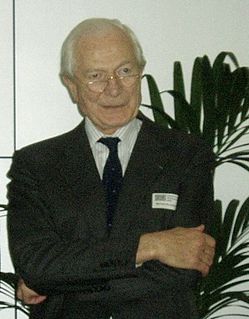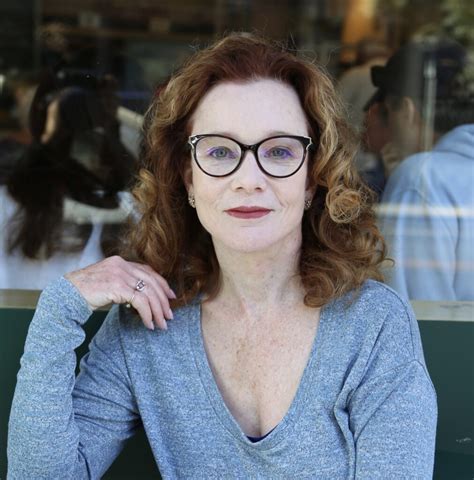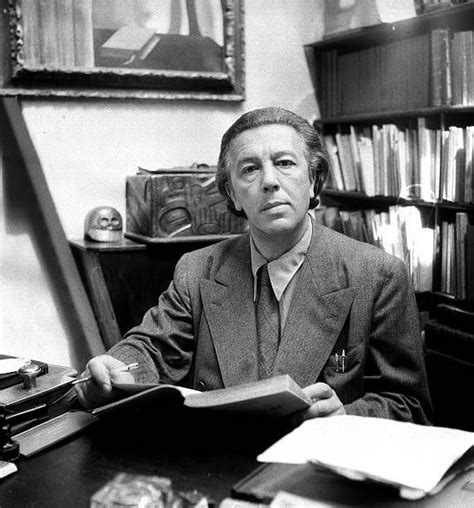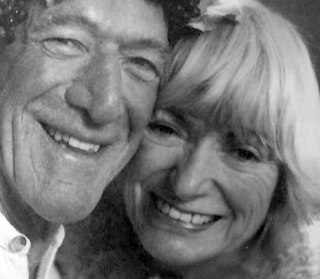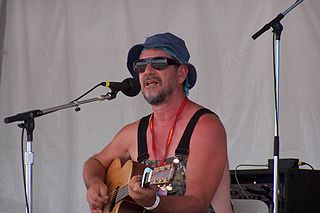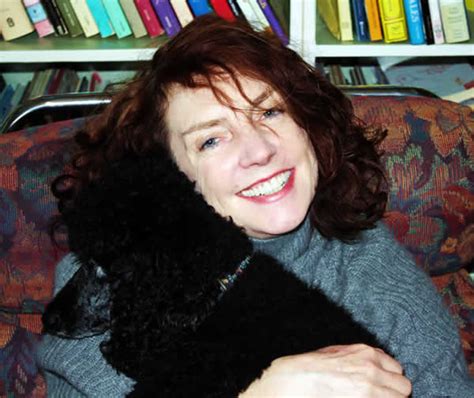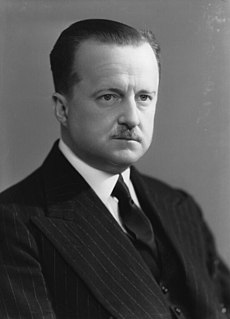A Quote by Padma Lakshmi
Wine, like food, is so emotional. If you think about it, so much of the courting ritual is surrounded by wine and food. There's a built-in romance to wine.
Related Quotes
You do not need to be an expert, or even particularly interested in wine, in order to enjoy drinking it. But tasting is not the same as drinking. Drinking pleases, mellows, loosens the tongue and inhibitions; drinking wine with food is healthy and natural; drinking good wine with good food in good company is one of life's most civilized pleasures.
Wine buffs write and talk as though the food and wine will be in your mouth at the same time, that one is there to be poured over the other. This is bullshit. Gustatory enjoyment comes from food and wine and cigars of your liking. So far no one has said that a Monte Cristo is the only cigar to smoke after Armagnac, Romeo and Juliet after Calvados ... but the time may yet come.
One of the most insidious myths in American wine culture is that a wine is good if you like it. Liking a wine has nothing to do with whether it is good. Liking a wine has to do with liking that wine, period. Wine requires two assessments: one subjective, the other objective. In this it is like literature. You may not like reading Shakespeare but agree that Shakespeare was a great writer nonetheless.
Long ago, during my apprenticeship in the wine trade, I learned that wine is more than the sum of its parts, and more than an expression of its physical origin. The real significance of wine as the nexus of just about everything became clearer to me when I started writing about it. The more I read, the more I traveled, and the more questions I asked, the further I was pulled into the realms of history and economics, politics, literature, food, community, and all else that affects the way we live. Wine, I found, draws on everything and leads everywhere.
We laughed a lot and I grew warmer still, lovely and warm. I do realize that some of that warmth was due to the wine, but there was much more to it than that. There are two distinct aspects to Communion wine: one aspect is the wine itself, the other is the idea of communion. Wine is certainly warming, but communion is a great deal more so.
Wine has been to me a firm friend and a wise counsellor. Wine has lit up for me the pages of literature, and revealed in life romance lurking in the commonplace. Wine has made me bold, but not foolish; has induced me to say silly things, but not do them. If such small indiscretions standing in the debit column of wine's account were added up, they would amount to nothing in comparison with the vast accumulation on the credit side.



